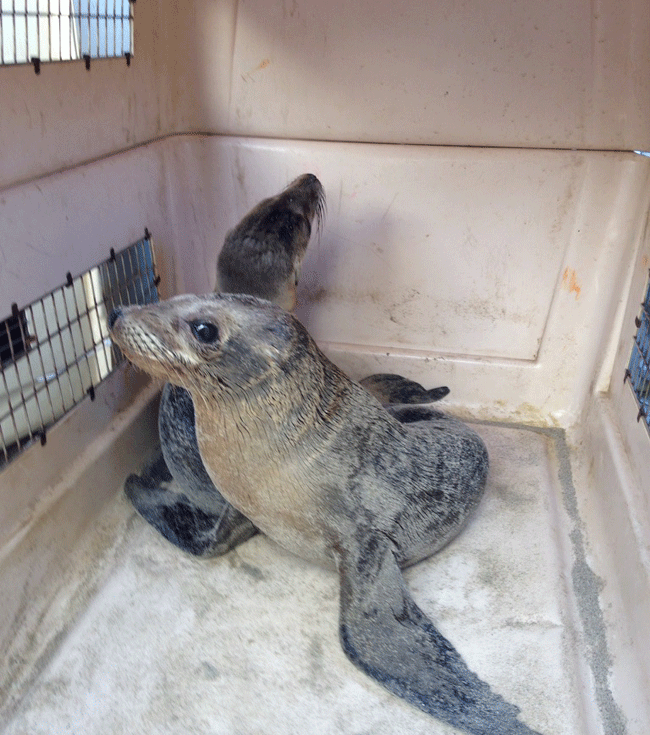My brother- and sister-in-law had a great meal arrangement. Greg is an amateur gourmet chef. They love to entertain, which they did frequently for years.
He cooks with panache and relishes using every dish, pan, utensil, tool and surface in the kitchen. Marie was happy to do the dishes, until she wasn’t. She renegotiated when she realized the benefits were not outweighing the costs of the arrangement.

Compare this to our situation with chemicals, plastics, and fossil fuels. For over a century, we all have enjoyed crops with fewer insect blemishes, gas-flush cars, and lightweight, unbreakable plastic everything.
The benefits have been enormous. But the costs have been accumulating and increasingly toxifying our lives and our planet.
Greg was providing a desirable, attractive and very appreciated product: a delicious meal. Similarly, plastics, chemicals, and fossil fuel manufacturers produce products we’ve known and loved. Most of us can’t imagine parting with them.
The by-products and end-products of our own plastics, chemicals, and fossil fuel usage seemed inconsequential individually, like a dirty kitchen. In aggregate, though, we have sullied the earth and every living being in it.
Plastics leach 2,400 known toxins, including PFAs or “forever chemicals.” We eat the equivalent of one credit card per week in plastics, according to Edward Hume in “Total Garbage.”
It’s ironic — and in many cases criminal — that many of these damaging effects are known from research the manufacturers performed themselves over the decades. These stories are well-documented in films such as “Dark Waters” and “Erin Brockovich.”
What we now know is that exposure to harmful chemicals — whether through manufacture, direct use, or leaching into the environment — can increase the risks of cancer and birth defects. They can compromise the immune system, cognitive function, hormones, and the respiratory, nervous, gastrointestinal, and liver systems.
Ironically, even as we improve our longevity, we are increasing our morbidity.
One important solution is forcing manufacturers to face the whole costs of their products. They have campaigned for decades to convince consumers that it was our responsibility to take care of “used up” products, but that’s not working.
The new “Every Bottle Back” Campaign is just the latest example.
This is changing. On June 1, Vermont became the first state to enact a law requiring fossil fuel companies to “pay a share of the damage caused by climate change.”
Republican Gov. Phil Scott allowed the bill to pass unsigned. He is concerned about the potential for expensive and long-lasting lawsuits.
Yet he also ventured that “after the state suffered catastrophic summer flooding and damage from other extreme weather,” he understands that Vermont can’t continue to subsidize the fossil fuel companies by shouldering the costs of climate disruption alone.
Other states are considering similar legislation.
California, New York, Maryland and Massachusetts would make companies pay into climate change remediation funds managed by their states.
The bill before the California Legislature, SB-1497, is called the Polluters Pay Climate Cost Recovery Act. Its enactment would create a Superfund-style program to collect money from major fossil fuel companies.
Fossil fuel companies are fighting hard with public relations campaigns. Nevertheless, this concept of Extended Product Responsibility (EPR) is gaining credence as taxpayers realize they have been increasingly burdened with managing the mess.
EPR protections already govern many product categories, including electronics, batteries, paint and mattresses. The current crop of bills apply the concept more broadly, to address industries such as chemicals, plastics, or fossil fuels.
When manufacturers are held accountable for the extended life of their products, they will innovate efficient and effective ways to gather what they have sown.
They will work with consumers to Reduce, Reuse, and Recycle. The ever-expanding R’s, outlined in “Total Garbage,” now include: Rethink, Repower, Refuse, Reduce, Reuse, Repair, Recycle, and Rot.
I offer the addition of Referendum, to encourage us to devise and enact local EPR or “polluter pays” protections. Then we can build momentum for the statewide and nationwide legislation in the works.
This article was published on June 24th, 2024 in Noozhawk – you can read it “in print” here.
Karen Telleen-Lawton is an eco-writer, sharing information and insights about economics and ecology, finances and the environment. Having recently retired from financial planning and advising, she spends more time exploring the outdoors — and reading and writing about it. The opinions expressed are her own.
KTL at CanyonVoices dot com

